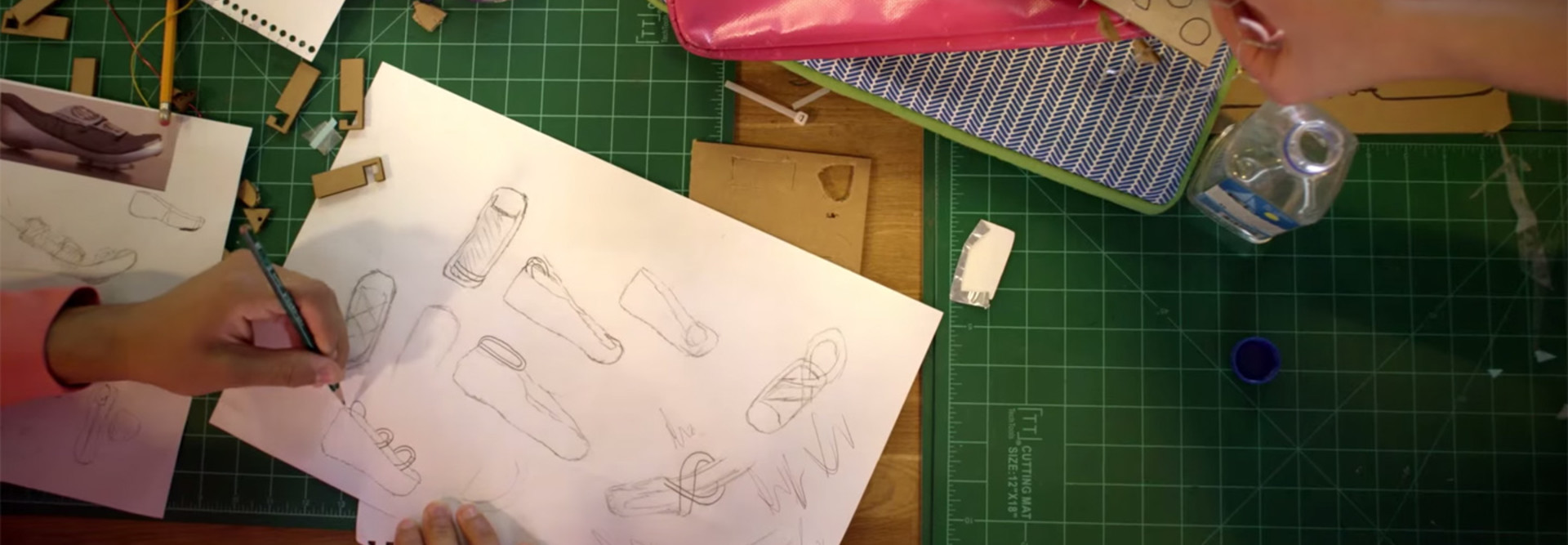Students Line Up for Google Science Fair 2015
STEM students, start your creative engines! The fifth annual Google Science Fair has begun.
Google announced the kickoff of Google Science Fair 2015 with a post on its official blog. The contest challenges students ages 13-18 to submit science projects that explore unanswered questions or tackle scientific hurdles that have yet to be overcome.
"Together with LEGO Education, National Geographic, Scientific American and Virgin Galactic, we’re calling on all young researchers, explorers, builders, technologists and inventors to try something ambitious. Something imaginative, or maybe even unimaginable. Something that might just change the world around us,” writes Miriam Schneider, a member of the Google for Education team.
Google also launched an online Idea Springboard that helps students discover exciting concepts for their science fair projects.
After all submissions are in, the 20 selected finalists will go to Google’s headquarters to show their projects to the judges, in hopes of walking away with one of many awards or the grand prize. Presented to one student or team, the grand prize is a $50,000 scholarship from Google. The finalists will also receive prizes from LEGO Education and subscriptions to Scientific American and National Geographic magazines. Seven other awards will be distributed to top performers.
Seven new awards are being introduced this year,including one that willrecognize an inspirational educator and a project that addresses an environmental, resources or health challenge.
Students have until May 18 to submit their projects. Regional finalists will be announced July 2, and global finalists will be announced on Aug. 3.
Charalampos Ioannou, a Google Science Fair 2013 finalist, was on hand for this year's contest kickoff Wednesday, hosted on Google Hangout. He told students they were in store for an inspirational experience.
"You learn how to research, how to think, how to solve a problem that has never been solved before," Ioannou said.
Shree Bose, the winner of the 2011 science fair’s grand prize, told students to persevere and use the event to discover concepts that fascinate them, because these pursuits could become lifelong passions.
"My best advice for Google Science Fair 2015 would be to really find something that you think is fascinating," Bose said. "Find something you're excited about, and along the way, you're going to find things that fascinate you even more."









